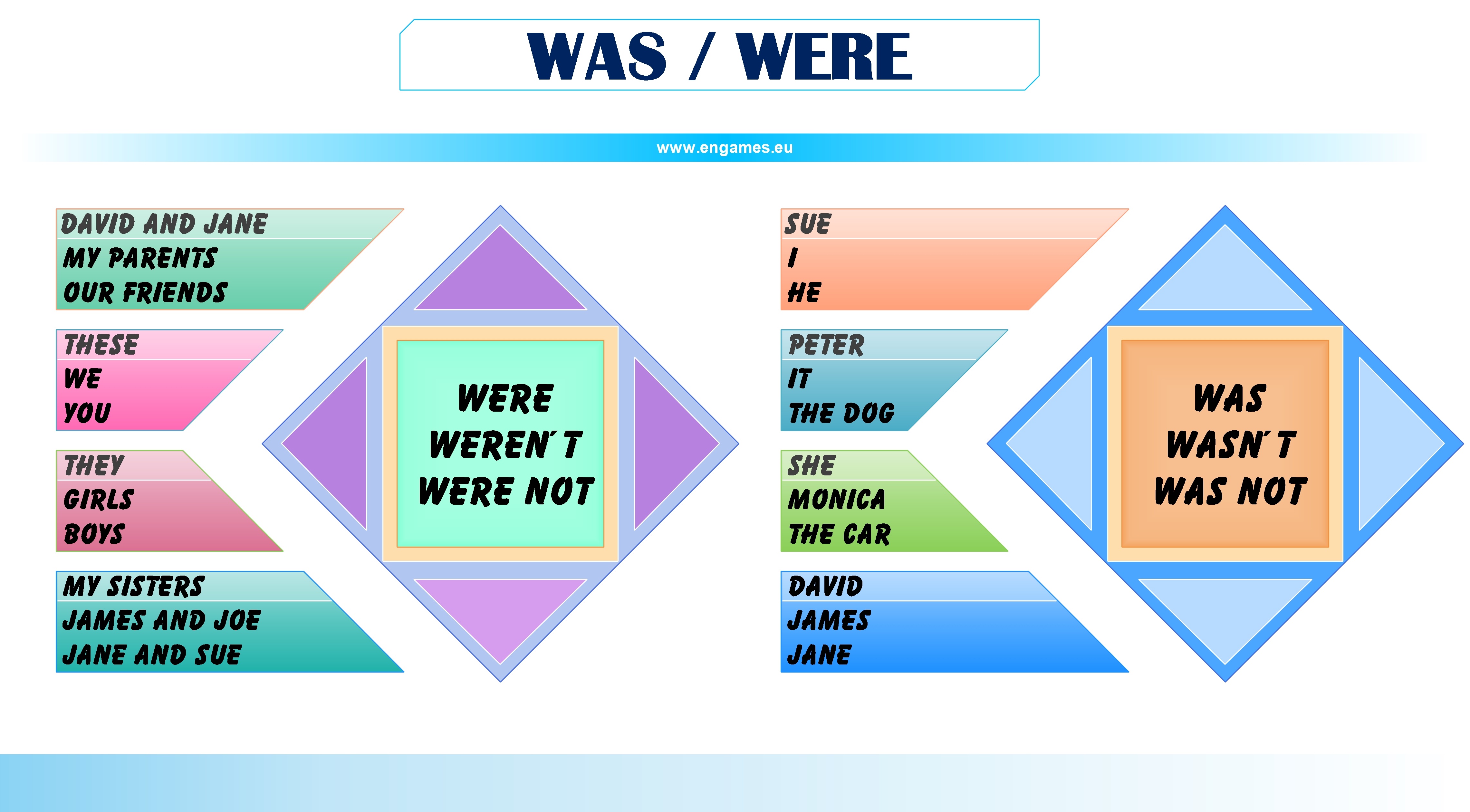Was and were are both past tenses of the verb to be. The verb be is a tricky one because it is an irregular verb and one that we find ourselves using with great .

The verb be is a tricky one because it is an irregular verb and one that we find ourselves . Even you probably struggle with using was and were correctly, but you don’t know it. For those who want to know, I have the answer. I’m looking for a simple answer to which is correct: I was or I were.
I hear both in conversation but don’t know if there is a hard-and-fast rule for useage, . Rules for using were rather than wasinnlegg15. BufretLignendeOversett denne sidenLearn about English grammar (be – is/are/was/were). Be Present Simple Past Simple Present Continuous Past Continuous Present . Was” or “Were” are the past tenses of the verb “To Be” and it’s important to be careful when choosing the correct verb for the subject of a sentence. The basic rule states that a singular subject takes a singular verb while a plural subject takes a plural. Ten dollars (i.e., dollar bills) were scattered on the floor.
If the movement to continue uncorrecte the tower would one. The grammatical rule, if you want to be strict, is that in subjunctive .

My kid’s English teacher is teaching that there is exception in use of was/were. As a refresher, an unreal conditional sentence expresses events that are hypothetical or contrary-to-fact. Some “if” clauses use “were” even if the pronoun is . Another combo that can get confusing is was vs were. After all, once you understand the basic rules, it’s quite easy.
It’s similar to the present simple because it has different rules for the verb ‘be’, which becomes ‘was’ or ‘were’:. I know it is correct to say If I were you rather than if I was you. So what are the rules for using were and was in this type of situation?
Grammar Rule Examples I was at my Gran’s house yesterday.